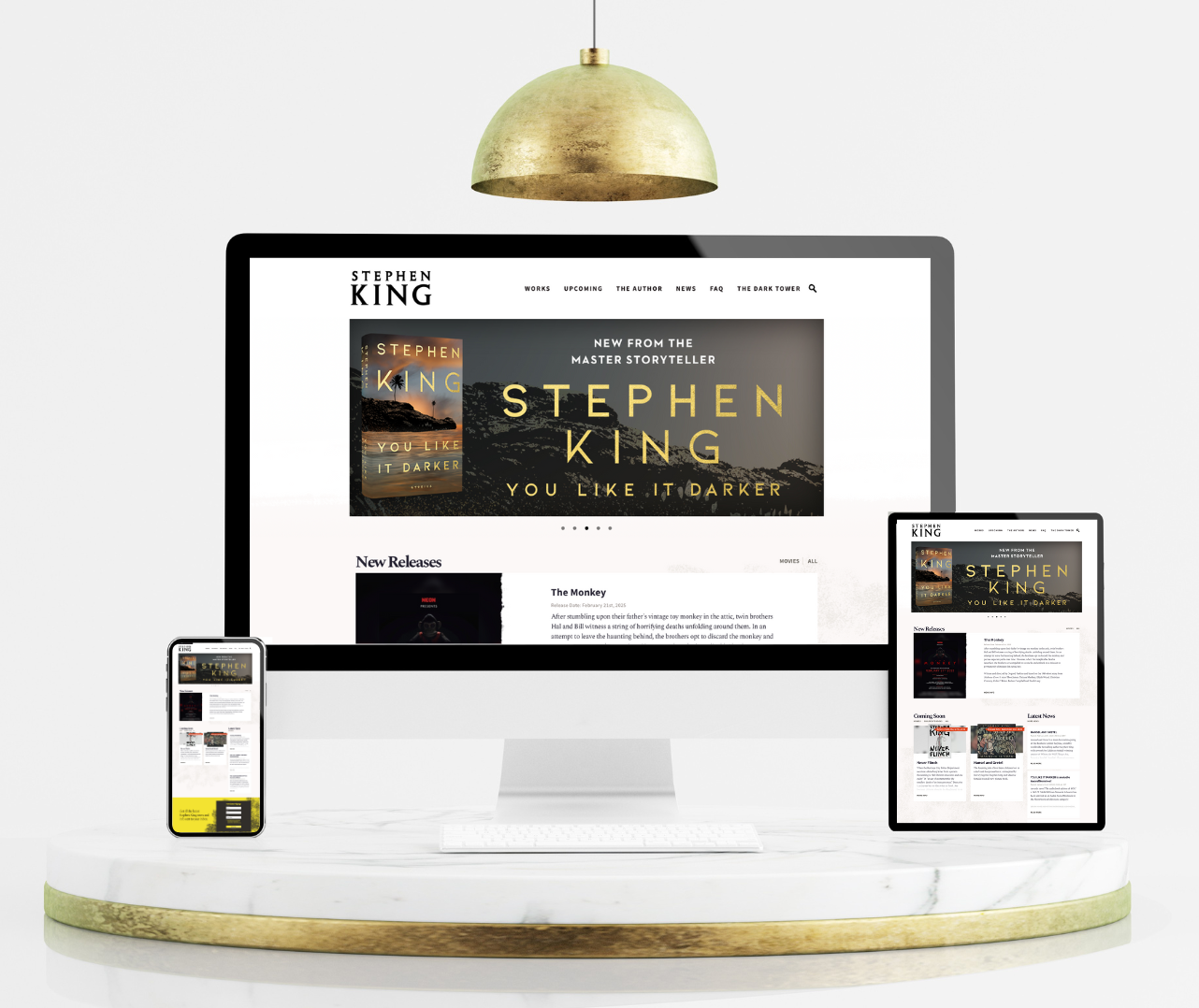
Do You Really Need An Author Website?
With platforms like Instagram, Facebook, and Amazon Author Pages, it might seem like a website is unnecessary. After all, readers can already find you and your books online—right?
Writing a book is a major investment of time and effort, so before you commit to months (or years) of work, it’s worth asking: Does my book idea have potential?
At Designmaus Studio, we believe in balancing creativity with smart planning. While we’re not industry gatekeepers, we curate research-backed strategies to help indie authors publish with clarity. In this guide, we’ll walk through practical ways to validate your book idea before you write a single word.
Step 1: Define Your Book’s Core Concept
Before you can validate your book idea, you need to clarify what it’s really about.
Ask yourself:
Example: Instead of writing a generic “healthy eating” book, narrow it down:
Healthy Eating for Everyone → The 30-Minute Guide to Plant-Based Meals for Busy Professionals
Industry Insight: Books that are highly specific often perform better than broad topics. Amazon’s bestsellers in nonfiction are usually targeted to a clear audience with a specific need.
Step 2: Research the Market (Without Losing Your Passion)
You don’t need to be a data scientist to validate your idea—but a little market research goes a long way.
Example: If you’re writing a memoir, look at memoirs in your niche. A book about personal finance struggles will have a different audience than one about overcoming chronic illness.
Pro Tip: If you can’t find any books on your topic, it’s not always a good thing—it may mean there’s no demand.
Step 3: Test Your Idea with Real Readers
Instead of guessing whether people want your book, ask them.
Example: A first-time author writing a book on mental resilience tested their idea by posting tips on LinkedIn. High engagement signaled strong reader interest.
Industry Insight: Many indie authors build an audience before writing their book—this can help with future marketing, too.
Step 4: Create a One-Sentence Pitch
Before committing to your book, can you explain your idea in one sentence?
Formula: [Book Title] is a [genre] book that helps [target audience] solve [problem] by [unique approach].
Example:
“Effortless Writing: A Step-by-Step Guide for Overcoming Writer’s Block” is a nonfiction guide that helps new authors develop a daily writing habit without stress.
Pro Tip: If people don’t understand your pitch, your idea might need refining. Test it with friends or fellow writers.
Step 5: Outline the Book (But Keep It Flexible)
A simple outline can prevent wasted writing time.
Example:
For a book on time management, your outline might include:
Industry Insight: A rough outline can help you see if your book has enough depth or if it needs more research.
Final Thoughts: Validation is About Confidence, Not Perfection
You don’t need 100% certainty before writing, but taking the time to validate your idea can prevent wasted effort and help you write a book that truly connects with readers.
Recommended Resources & Further Reading
These resources can help you test and refine your book idea before you commit to writing.

With platforms like Instagram, Facebook, and Amazon Author Pages, it might seem like a website is unnecessary. After all, readers can already find you and your books online—right?

Self-publishing gives authors complete control over their work, but it also means handling the legal and administrative aspects of publishing yourself.